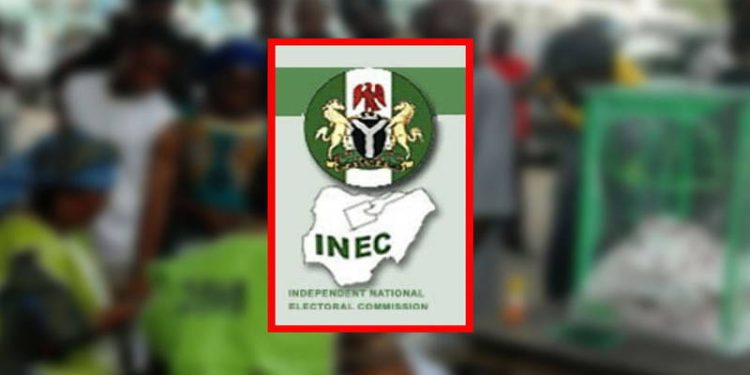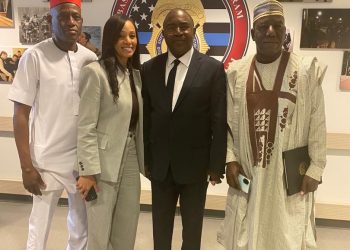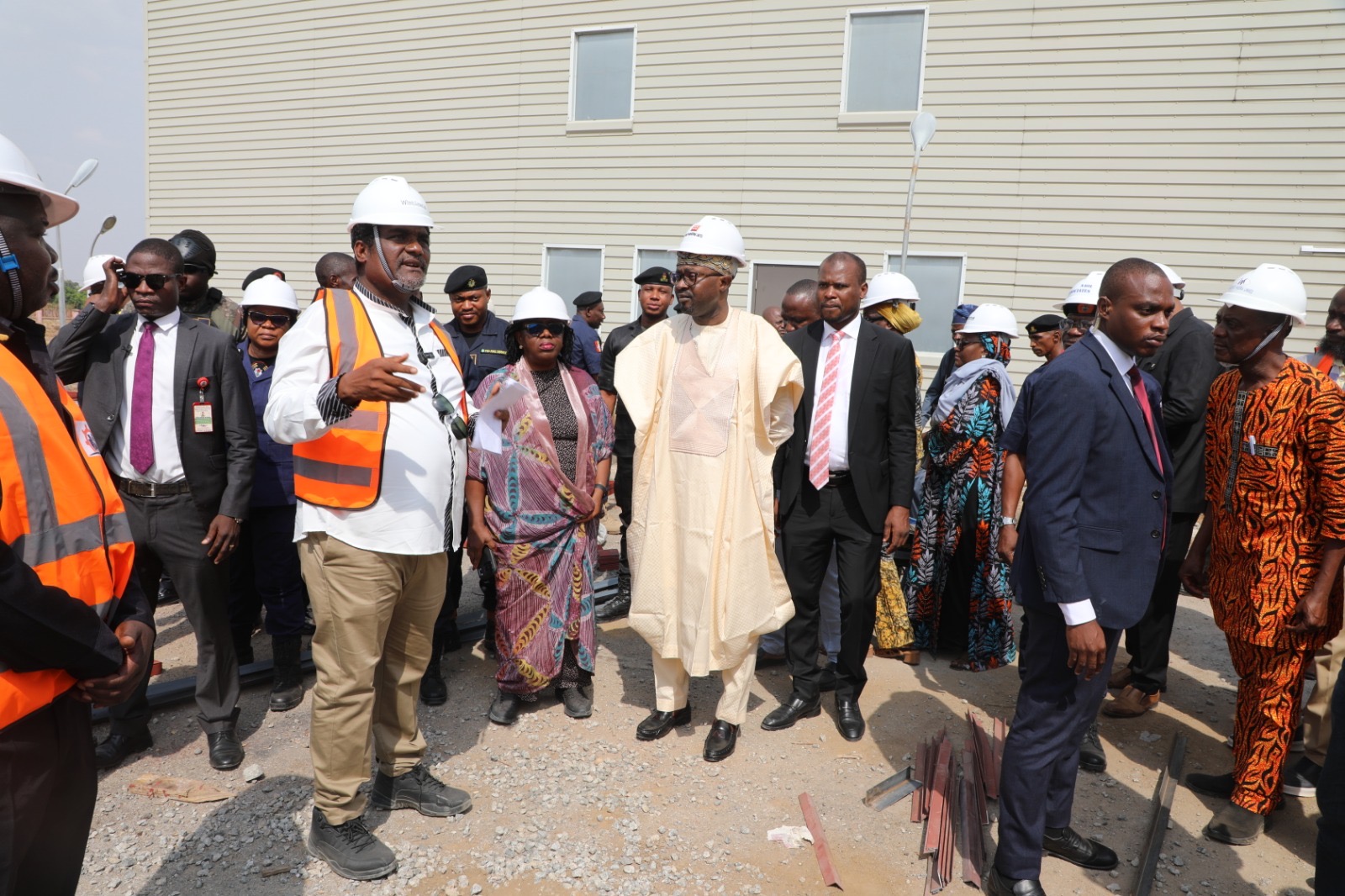By Nkechi Eze
The Independent National Electoral Commission (INEC) has firmly dismissed claims by a political party that the number of online pre-registrants recorded in Osun State during the ongoing Continuous Voter Registration (CVR) exercise “defies historical patterns and demographic realities,” insisting that the figures are both credible and consistent with past trends.
In an official statement signed by Rotimi Oyekanmi, Chief Press Secretary to the INEC Chairman, the Commission described the allegation as unfounded, stressing that similar registration patterns had been recorded in Osun State during previous CVR exercises.
According to Oyekanmi, INEC rolled out online pre-registration on 18th August 2025, followed by in-person registration on 25th August. Between 18th and 24th August, the Commission recorded a total of 1,379,342 online pre-registrations, with Osun State topping the list at 393,269, followed by Lagos with 222,205, and the Federal Capital Territory with 107,682.
INEC explained that Osun’s lead in registration figures is not unprecedented. When the Commission first launched online pre-registration in June 2021, Osun State consistently topped the charts. Within the first 24 hours, 59,331 accounts were created nationwide, and by 12th July 2021, Osun had led with 154,893 of the 456,909 active accounts. By the 11th week of that exercise, Osun maintained the lead with 402,619 pre-registrations out of nearly 3 million nationwide. At the close of the 2021/2022 exercise, Osun had recorded 708,782 registrations, the highest in the country.
“If the party were proactive enough, a simple search of past records already in the public domain would have revealed these facts,” the statement noted, recalling that INEC was upfront in publishing weekly CVR updates throughout the 2021–2022 exercise.
The Commission further highlighted that every online registrant must physically appear at designated centres for biometric capture before inclusion in the voters’ register, with the data subjected to rigorous checks through the Automated Biometric Identification System (ABIS) to eliminate multiple registrations.
INEC also drew attention to its transparency track record, recalling that after the last CVR exercise, over 9.4 million new voters were added to the National Register of Voters for the 2023 General Election, increasing the register to 93,469,008. Similarly, 14 million were added after the 2017–2018 CVR for the 2019 polls.
While stressing that it is not INEC’s role to speculate on why certain states record higher registration figures than others, the Commission reaffirmed its responsibility to ensure that only eligible Nigerians, as provided in the 1999 Constitution and the Electoral Act 2022, are duly registered.
“We appeal to all well-meaning citizens to be circumspect in going public with information based on sheer conjecture when they can rely on authentic and verifiable data available from our official repositories,” Oyekanmi stated.
















